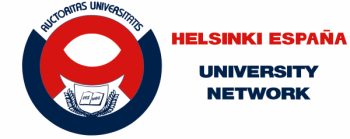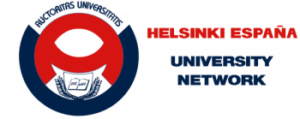The tourism sector in Spain is of great importance, as pointed out by the general director of Turespaña, Miguel Sanz, also characterized by being a source of income for women, since they participate more actively in it. Thus, highlighting the statement and according to the Active Population Survey (EPA), male hostelry workers reached 6.9% in this third quarter of 2020, while women stood at 8.8%.
Consequently, and with the arrival of COVID – 19, unemployment has increased in this sector, with barely visible advances that may suggest that the situation has improved. There has been an increase in the unemployment rate in tourist activities by 17.3% in the third quarter of the year, in the middle of the high season, compared to 10.7% in 2019. This represents a great decline in the achievements until the moment in which the pandemic has arrived, thus slowing down the empowerment of women in the tourism sector and all the opportunities that were offered to face equality between the sexes, something that in the words of the World Tourism Organization is a clear factor that produces a great multiplier effect on employment. Alessandra Priante, director of the regional department for Europe of the World Tourism Organization (UNWTO), has stated that it is estimated that in Spain the situation of tourism prior to the arrival of COVID – 19 can be reached in the best of cases by the end of year 2021 or early 2022.
Although few women have recovered their jobs or have gotten one, the vast majority of them find themselves in a situation with no way out, the impact on their economic conditions being a ruin and, already emerging as one of the great affected by the implications of the coronavirus crisis. That is why Carlos Garrido, president of the Spanish Confederation of Travel Agencies (CEAV) has clearly shown that this crisis is and will be the crisis of tourism.
Due to this fact, the IMPETU project “Impact of the Pandemic on Tourism in Spain: Implications for the Employment of Women in a Female Sector” arises, coordinated by the Complutense University of Madrid, and in which researchers from the University participate from Seville, Polytechnic University of Valencia, Francisco de Vitoria University and ESIC, in addition to our entity, Helsinki España, has been selected by the Supera Covid-19 Fund financed by CRUE Universidades and Banco Santander.
In this way, IMPETU will focus on women whose work activity is linked to the tourism sector and who, due to the pandemic, has been reduced or damaged. In addition, Helsinki España will offer a career orientation course to 50 young women between 21 and 30 years old who have graduated in Tourism and who, nevertheless, are in a situation of unemployment.
.



